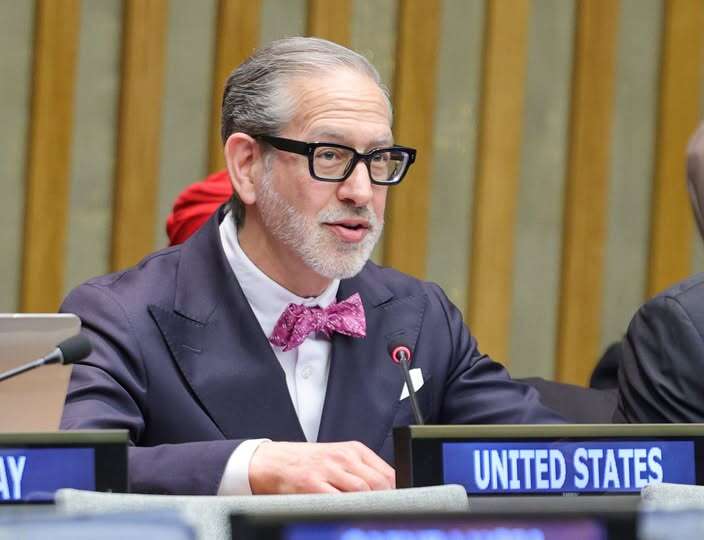
The United States has emphasized the importance of including all relevant parties, including the Arakan Army (AA) which controls most of Rakhine State, in discussions regarding the repatriation of Rohingya refugees currently in Bangladesh. This statement was made by US diplomat Jonathan Shrier during an informal meeting of the UN General Assembly, where they heard a briefing from Ms. Julie Bishop, the UN Secretary-General’s Special Envoy on Myanmar, on June 10.
The United States expressed its solidarity with the Rohingya refugees who continue to suffer from the Myanmar military’s oppression and violence. The US voiced serious concerns about forced displacement and atrocities in Rakhine State, urging both the Myanmar military and the Arakan Army, along with all other relevant parties, to protect civilians and value human lives. The US highlighted that the Myanmar military, which has committed atrocities against the Rohingya, continues to operate with impunity and maintains its oppression of the Rohingya people, including bombing civilians, schools, and places of worship, as well as forcing Rohingya people into military service.
The United States pointed out that the continued shutdown of internet and other communication channels in Rakhine State not only impacts local communities but also serves to conceal the military’s brutal actions. They called for the immediate restoration of all telephone and internet communications. The military’s ongoing blockade of essential emergency aid has led to increasing humanitarian needs, and a sustainable solution is required for the peaceful return of the Rohingya. The US emphasized that meaningful participation from Myanmar’s opposition groups and the Rohingya community is essential for achieving this resolution.
The US diplomat stressed the importance of listening to a broad range of Rohingya voices, including those still in Rakhine State, those who have fled Myanmar, and those who have resettled in third countries. The United States reaffirmed its commitment to supporting efforts for respecting human life, ending conflicts, and rebuilding peace. They emphasized that any lasting solution must include the voices of the Rohingya community and ensure their safe and dignified return to their homeland, with proper security measures and basic rights guaranteed.



